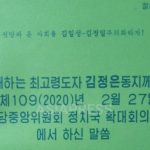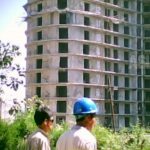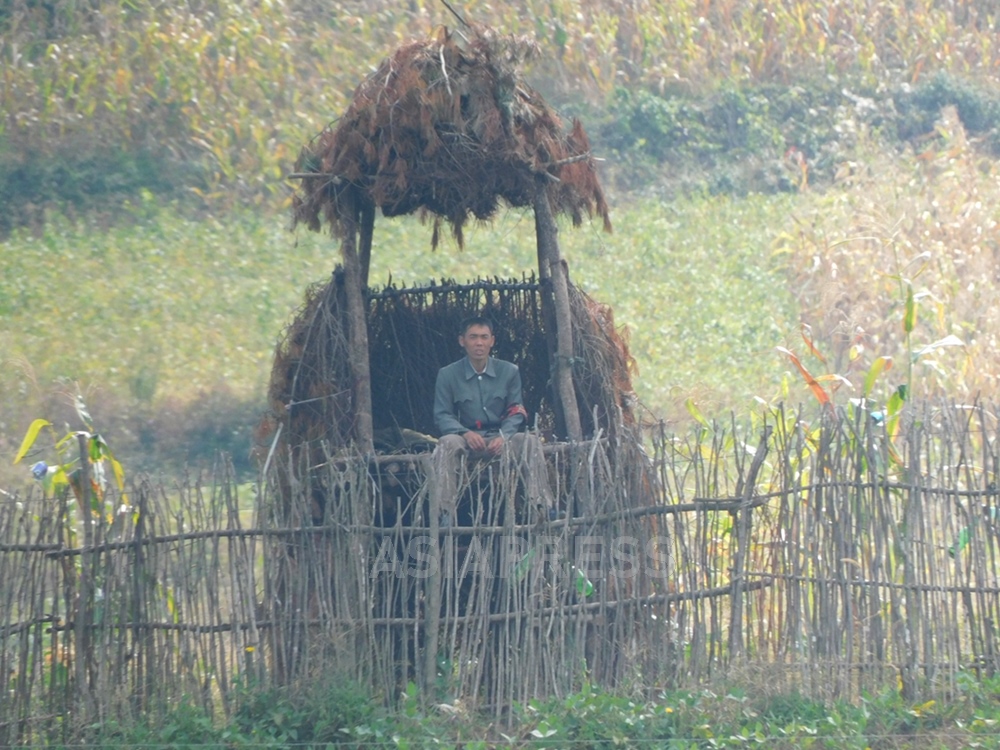
With the easing of the COVID-19 pandemic and the resumption of human exchanges between North Korea and China since August 2023, China has also begun forcibly repatriating captured North Korean defectors. According to investigations by two reporting partners living in northern North Korea, the authorities are imposing severe punishments on those repatriated. (By ISHIMARU Jiro / KANG Ji-won)
◆ In the past, sentences were about 1-2 years, but...
According to reporting partner A, who lives in Hoeryong, North Hamgyong Province, most of the defectors transferred to Hoeryong after the pandemic were forcibly repatriated through Sinuiju, located at the lower reaches of the Yalu River. Although there is also a border crossing in Hoeryong, it appears that North Korean authorities are not permitting entry, citing quarantine reasons.
According to A, initial investigations are conducted at the repatriation site, then individuals are transferred to their original places of residence, where they undergo investigation by the Ministry of State Security (secret police) before being sent to the Ministry of Social Security (national police agency). In the past, they were generally confined to "labor training camps."
However, those suspected of attempting to escape to South Korea or Japan are likely to be treated as political prisoners. Additionally, those involved in human trafficking or repatriated from China more than twice typically received "market rate" sentences of 1-2 years in a re-education camp (prison term).
※ Labor training camp: A "short-term forced labor camp" where those deemed to have disturbed social order or committed minor offenses are subjected to forced labor for up to one year without judicial procedures. These exist in cities and counties nationwide and are managed by the police.
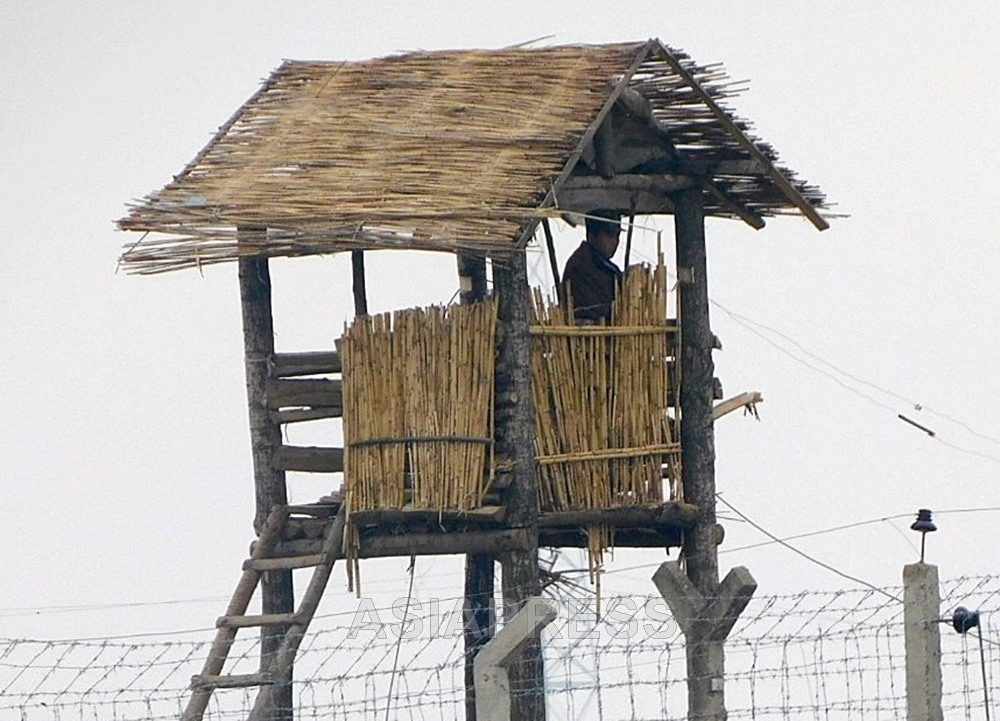
◆ Minimum 5 years imprisonment, harsher punishments after COVID
However, A explains that after the pandemic, severe punishments are being imposed:
"Recently, it seems that people repatriated from China are receiving sentences of 5 years or more. An acquaintance's daughter was caught in China and repatriated in August. She had disappeared in her teens and was thought to be dead, but she had fled to China and was living there with two children. I heard she received a 5-year re-education sentence."
According to A, in many cases, even when someone is repatriated from China, they are imprisoned in re-education camps without notifying their families, with notification coming only later. However, A states, "I have never heard of repatriated defectors being sent to management centers (political prison camps)."
Reporting partner B, who lives in Ryanggang Province, also reported that North Korean defectors recently forcibly repatriated from China are receiving severe sentences of 5-10 years in re-education camps.
"I think they are receiving minimum sentences of 5 years in re-education camps. Most are 7-10 years. The sentence seems to vary by 1-3 years depending on why they went to China, their situation in China, whether they had children, what kind of work they were doing, etc."
There may be room for leniency in cases of poverty-driven defection or if individuals were detained in China under unfortunate circumstances.
"There's an acquaintance's daughter, a woman who was repatriated from China last year. She was sold to China in her 20s, had two children, and is now in her 30s. This woman received a 7-year sentence and was sent to Jeongeori Re-education Camp (No. 12 Re-education Camp in North Hamgyong Province). After the Ministry of Social Security notified her family, they were able to visit her. She was working in the 'agricultural unit' inside the re-education camp, but she couldn't speak freely because even mentioning China or anything outside the camp would result in punishment."
◆ Families left behind also exiled under guilt-by-association
North Korean authorities had no choice but to treat those who fled to China as missing persons, even without evidence. While many of the families left behind received underground remittances from South Korea and China, families were often put under surveillance but rarely punished under guilt-by-association.
However, since the pandemic, even suspicion of escape has led to punishment. B says:
"Now, even on mere suspicion of disappearance and escape to China, families are being exiled without mercy. In Ryanggang Province, they are sent to places like Unhung, Samsu, and Baekam. Escaping to China now requires being prepared for family sacrifice."
※ Exile takes the form of forced relocation to remote rural areas in the mountains, not detention.
◆ Residents told to 'Report even if your child escapes'
Even claiming ignorance of a family member's escape to China is not accepted. According to B, security officers (police) frequently attend neighborhood meetings to warn that failure to report or concealing escapes to China will result in punishment, instructing residents to report even their own children if there's any suspicion of escape.
Additionally, authorities frequently propagandize that China's advanced surveillance cameras and facial recognition technology make it difficult to move without identification, leading to quick capture.
"Without help on the Chinese side, crossing the border has become unthinkable," B laments.
※ ASIAPRESS communicates with its reporting partners through Chinese cell phones smuggled into North Korea.
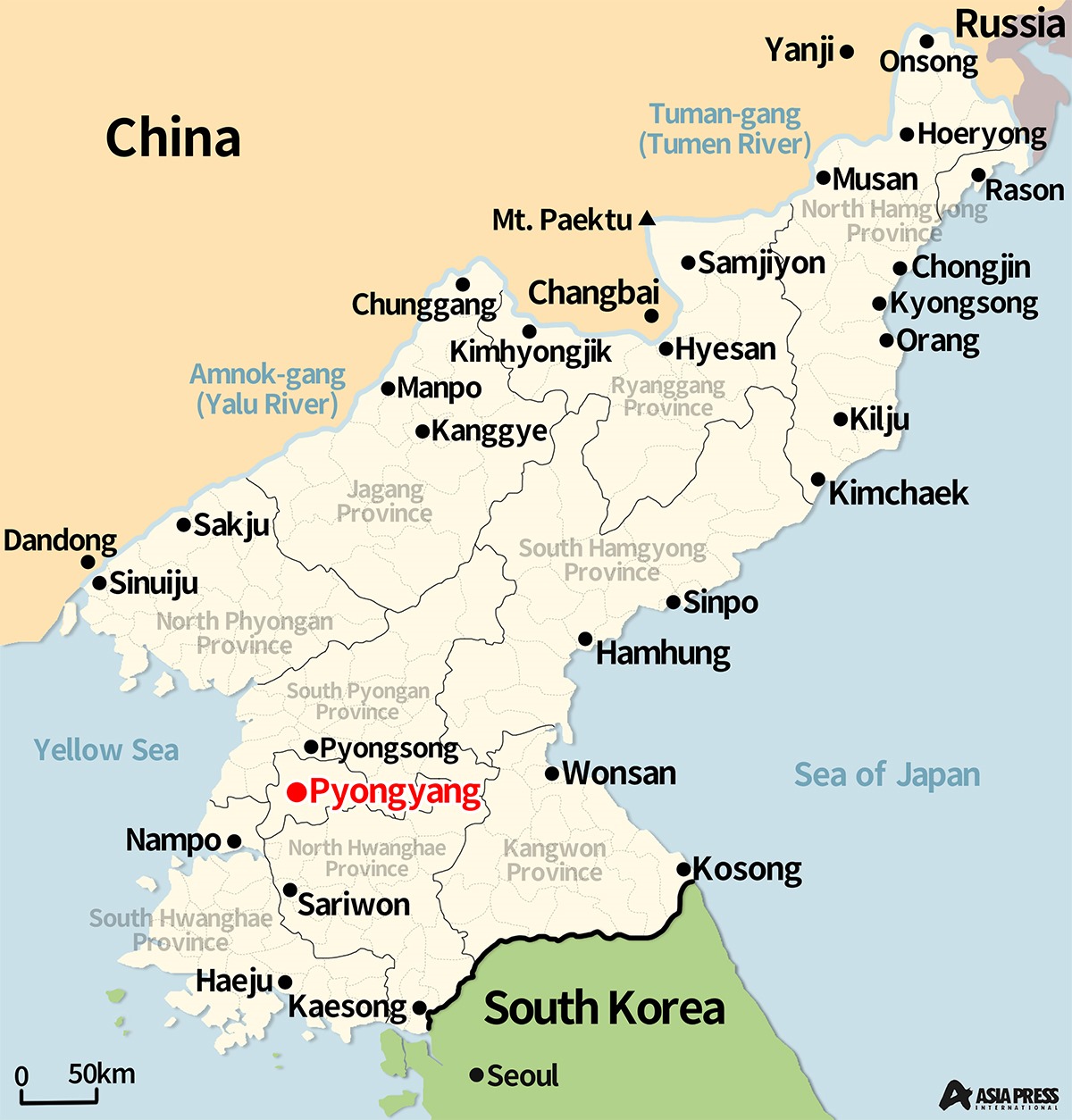
- <Inside N. Korea> Signs of a change in agricultural policy: farms given the right to choose what they grow... “Our-style agricultural revolution” being promoted
- <Lighting Up N. Korea's Four Dark Years> (1) Almost the Only Escape Route -The New Generation ‘Donju’ Who Crossed the Sea Tell About COVID-19, Chaos, and Social Change
- <N. Korea Floods>Officials Taking Lead in Recovery Work, Anxious About Being Watched by Residents; Some Officials Punished for Drinking Alcohol
- <North Korea Floods>Floods Destroy Barbed Wire and Guard Posts in Parts of North Korea-China border... Government Keeps Local Residents Away from Riverside Restoration Work
- <Inside N. Korea>'I'm too hungry to work'... Flood Recovery Workers Deserting Due to Starvation, Continued Government Demands for Materials and Aid from Ordinary People
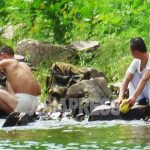

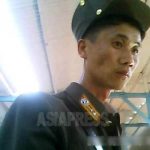
![[Video Report] Kim Jong-nam assassinated. What do N.Koreans think about it?](https://www.asiapress.org/rimjin-gang/wp-content/uploads/2018/07/20170225-00068075-roupeiro-000-8-view-150x150.jpg)
